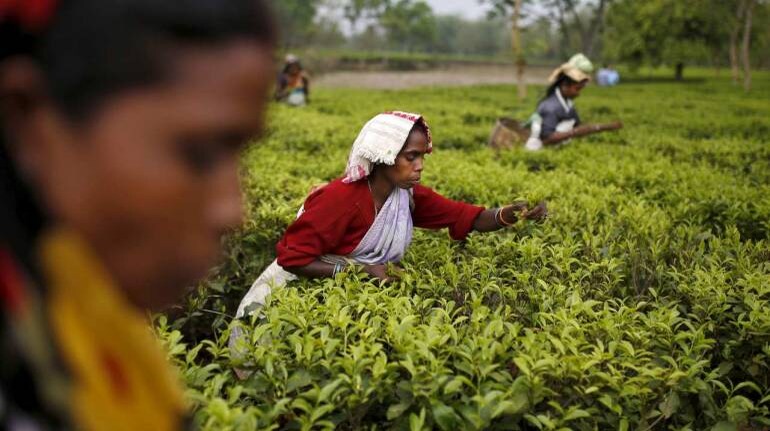



The average cost of tea at several tea auction centres in India rose to Rs 215.90 a kg till November 2020 from Rs 145.93 in January-November 2019, registering a 47.95 per cent hike compared to the same period of 2019, says Tea Board data.
Experts state that the increase of Rs 69.97 a kg on tea (Y-o-Y) at auction centres has been due to the belief of people who consider tea could boost immunity, particularly in the backdrop of Covid-19 pandemic.
Tea Board turns down proposal to allow imports at lower duty
Apart from this, lower availability due to a massive fall in production which rose from adverse weather, and COVID-19 lockdown resulted in the hike of prices at North Indian auctions.
The prices at auctions in the North rose by Rs 84.72 or 53.23 percent to Rs 243.87 a kg from Rs 159.15 in January-November 2019, Hindu BusinessLine reported. While demand by upcountry buyers for quality teas from the South led to the pushing up the prices in South Indian auctions.
In South India auctions, the prices of tea rose by Rs 42.64 or 43.80 percent to Rs 140 a kg from Rs 97.36 in January-November 2019.
Meanwhile, the Indian Tea Board rejected a proposal to allow imports of tea at a lower customs duty after the production dropped amid the COVID-19 pandemic. Rejecting the proposal, the board said that it was a “one-off” year when the growers earned good prices for their produce.
Discover the latest Business News, Sensex, and Nifty updates. Obtain Personal Finance insights, tax queries, and expert opinions on Moneycontrol or download the Moneycontrol App to stay updated!
Find the best of Al News in one place, specially curated for you every weekend.
Stay on top of the latest tech trends and biggest startup news.